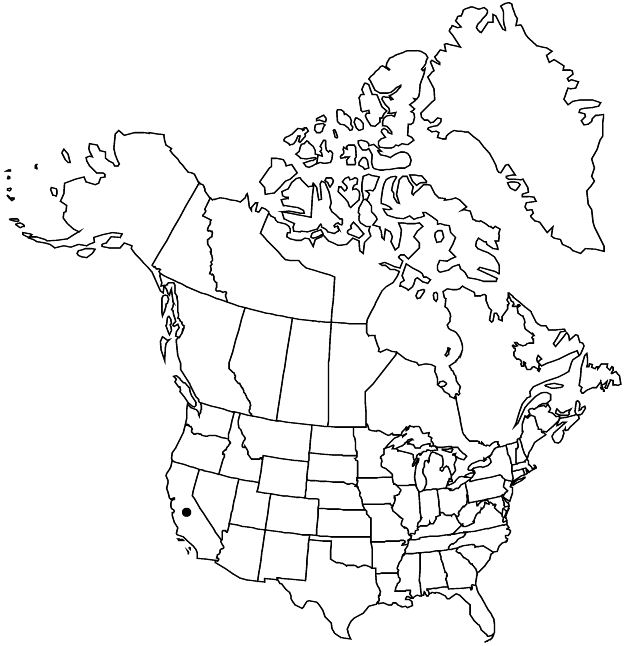Difference between revisions of "Adenostoma fasciculatum var. obtusifolium"
in W. H. Brewer et al., Bot. California 1: 184. 1876.
FNA>Volume Importer |
imported>Volume Importer |
||
| (One intermediate revision by the same user not shown) | |||
| Line 1: | Line 1: | ||
{{Treatment/ID | {{Treatment/ID | ||
|accepted_name=Adenostoma fasciculatum var. obtusifolium | |accepted_name=Adenostoma fasciculatum var. obtusifolium | ||
| − | |accepted_authority=S. Watson | + | |accepted_authority=S. Watson |
|publications={{Treatment/Publication | |publications={{Treatment/Publication | ||
|title=in W. H. Brewer et al., Bot. California | |title=in W. H. Brewer et al., Bot. California | ||
| Line 32: | Line 32: | ||
-->{{#Taxon: | -->{{#Taxon: | ||
name=Adenostoma fasciculatum var. obtusifolium | name=Adenostoma fasciculatum var. obtusifolium | ||
| − | |authority=S. Watson | + | |authority=S. Watson |
|rank=variety | |rank=variety | ||
|parent rank=species | |parent rank=species | ||
| Line 46: | Line 46: | ||
|publication year=1876 | |publication year=1876 | ||
|special status= | |special status= | ||
| − | |source xml=https:// | + | |source xml=https://bitbucket.org/aafc-mbb/fna-data-curation/src/2e0870ddd59836b60bcf96646a41e87ea5a5943a/coarse_grained_fna_xml/V9/V9_658.xml |
|subfamily=Rosaceae subfam. Amygdaloideae | |subfamily=Rosaceae subfam. Amygdaloideae | ||
|tribe=Rosaceae tribe Sorbarieae | |tribe=Rosaceae tribe Sorbarieae | ||
Latest revision as of 22:58, 5 November 2020
Stems erect-ascending, spreading; internodes 1–7 mm; young stems pubescent to villous (hairs curled or retrorse). Leaves oblanceolate-clavate, obscurely semiterete, 4–6.5 mm (expanded distally), apex usually obtuse.
Phenology: Flowering (Apr–)May–Jun(–Aug).
Habitat: Mesas, ravines, coastal sage scrub-chaparral
Elevation: 20–1100(–2100) m
Distribution

Calif., Mexico (Baja California).
Discussion
Variety obtusifolium is known from coastal southern California (southern Orange and San Diego counties) and northern Baja California, where it introgresses with var. fasciculatum, resulting in shorter, more strongly hairy stems, and leaves less apiculate or mixed obtuse-acute in some interior populations.
Selected References
None.
Lower Taxa
None.